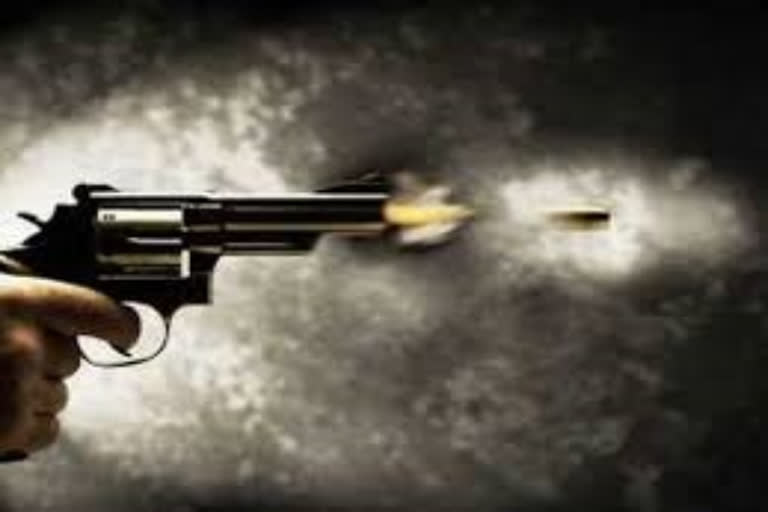New Delhi:Eight leaders and activists of the Bharatiya Janata Party (BJP) are among the 10 workers of different mainstream political parties who have been shot dead by 'unidentified gunmen', widely believed to be pro-Pakistan militants, in Kashmir in the last five months of the year 2020.
Even as it does not take long for the family members of a victim and the residents of a neighbourhood to ascertain the identity of the assassins, media persons and politicians do conveniently call them 'unidentified gunmen.' For years, the behaviour of the muted civil society after every assassination has implicitly pointed fingers towards the assailants.
If an assassination was believed or perceived to be the handiwork of the pro-government counterinsurgents, the police or the security forces, there would be protests and a call for shutdown from the militants or the separatists. There would also be a beeline of media persons, politicians and human rights activists to the victim's home and an abundance of the condemnation statements.
Contrarily, whenever the elimination was perceived to have been done by the militants, the Valley would be invariably a mute spectator. There would be no shutdown, no public condemnation and no special treatment to the news on the front pages of the local newspapers.
The situation has changed since the BJP government at the Centre initiated a crackdown on the separatists after the Pulwama suicide attack that left 40 paramilitary personnel dead in February 2019. Particularly after abrogation of Article 370 and conversion of the state into the two Union Territories in August 2019, there has been little reaction to a killing.
Even as some militant outfits owned responsibility for some political assassinations in Kashmir in the beginning in 1989-90, nobody has thereafter claimed any killing that had a potential to cause outrage among the people.
As some high-profile political assassinations-like that of Mirwaiz Farooq in 1990 and Qazi Nisar Ahmad in 1994-evoked serious public reactions, the government and the separatist militants would invariably blame each other. Thirty years later, Kashmir does not seem to have changed much as everybody fears fatal reprisal of any act of angering the gunmen.
"There have been several political killings which had clear signatures of a guerrilla outfit. Still the same organization issued condemnation statements and passed the buck to the other side as no scientific evidence like CCTV footage was left behind. Almost all the killers have used facemasks to hide their identity. In many cases, hit orders and condemnations have flown concomitantly from the same organization," says a senior Kashmiri journalist now based in New Delhi.
Separatist leader Abdul Gani Bhat once declared that all of the Valley's political and intellectual leaders had been killed "not by India, but by our own men".
Also Read: Case registered against sarpanch for distributing cash in Madhya Pradesh's Sanwer
It happens very rarely that an assassin is captured alive or killed in the retaliatory firing from a protected person's security guards. A rarest of the rare incidents happened lately at Nunnar in Ganderbal where the ‘unidentified gunmen' attacked the BJP leader Ghulam Qadir on October 6.
The targeted BJP leader survived but one of his personal security officers (PSOs) got killed. His retaliatory firing left one of the assailants dead. He was later identified as Shabir Ahmad Shah of Tral. His weapon of assault was also recovered. The J&K Police claimed that before joining militancy Shah had remained "right hand man" of the former Hizbul Mujahideen chief Riyaz Naikoo, who was killed in an encounter in May this year.
The current spree of political killings began with a fatal attack on the Congress Sarpanch Ajay Pandita in Larkipora, Anantnag on June 8. On July 8, BJP leader Sheikh Waseem Bari was shot dead along with his brother and father, who were also his party activists, at Bandipora.
On August 6, BJP Sarpanch Sheikh Sajad Ahmad was shot dead at Vessu, Qazigund. On August 9, BJP leader Abdul Hamid Najjar was gunned down at Ompora, Budgam. On September 23, chairman of Block Development Council Khag, Bhupinder Singh, was shot dead at his home. On October 29, three BJP activists were gunned down at YK Pora in Kulgam.
Over 5,000 pro-Indian political activists have been killed in identical attacks in Kashmir since 1989. Some estimates put this number at 7,000.
